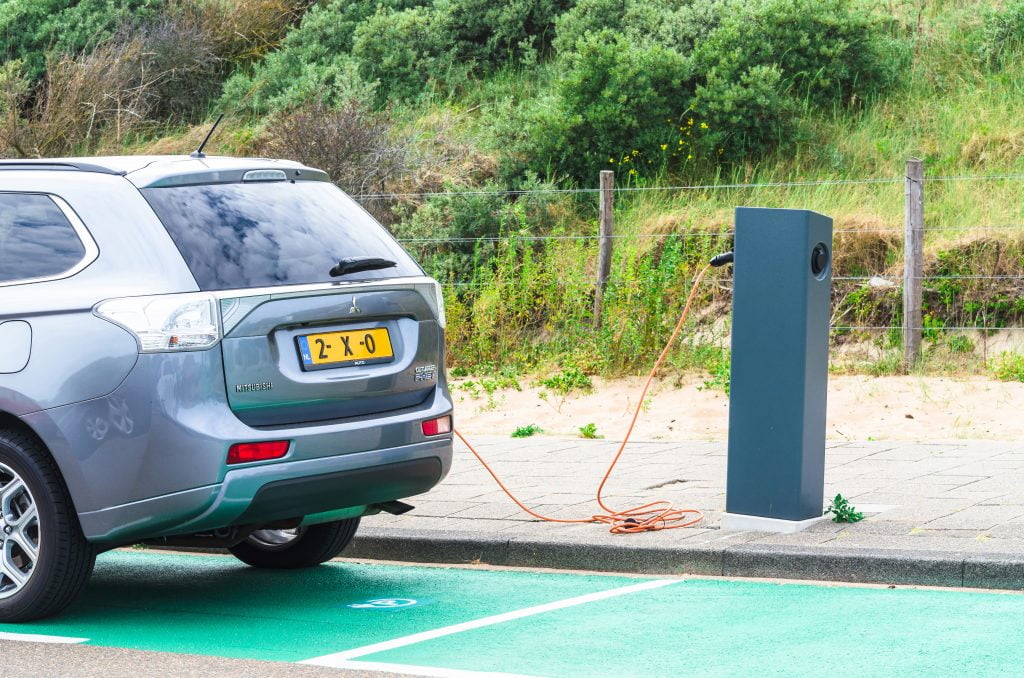Almost a third of all (semi) public charging points for electric vehicles in the EU are located in the Netherlands. This is the conclusion of research by the European umbrella organization for the automotive industry, ACEA. According to RAI Verenging, the Netherlands is an example for other European countries for the electrification of road transport, but it is certainly no reason to sit back in the Netherlands.
The Dutch vehicle fleet is electrifying quickly. About 20 percent of new passenger car sales are now electric. According to the RAI Association, this is of great importance to achieve the Dutch and European climate targets. It is expected that in 2030 almost two million electric passenger cars will be driving around in the Netherlands. According to calculations by the National Charging Infrastructure Agenda, approximately 1,7 million charging points are needed to meet the electricity demand at that time.
“We are proud of our country's leading position in the Europe transition to zero-emission road transport, but the demand for charging infrastructure will grow much faster in the coming years. In addition, the underlying power network is currently completely inadequate to supply sufficient power for the charging points, let alone fast charging. That uncertainty is increasing further, now that Europe wants to become less dependent on gas even faster.”
Huub Dubbelman, chairman of the Passenger Cars and Light Commercial Vehicles section at the RAI Association.
The ACEA study shows that about 90.000 public and semi-public charging points have now been installed in the Netherlands (excluding approximately 245.000 home charging points). In order to achieve the goals for 2030, a total of 500 charging points (including home charging points) must be added per day from now on. That is a huge challenge. Partly thanks to the introduction of the plug-in hybrid in the Netherlands about 10 years ago, we are leading the way in Europe with our charging infrastructure. Royal RAI Association.
“The success of the electrification of the vehicle fleet does not depend so much on the diverse range of (affordable) electric cars, because the supply is increasing rapidly. Much more currently depends on the charging infrastructure. Not only the number of charging points is decisive here, but above all also the underlying capacity of the network, availability of power and how the market for smart charging is developing. We therefore urge the cabinet to upgrade the electricity network more quickly and to intensify the construction of charging points."
Huub Dubbelman, chairman of the Passenger Cars and Light Commercial Vehicles section at the RAI Association.



